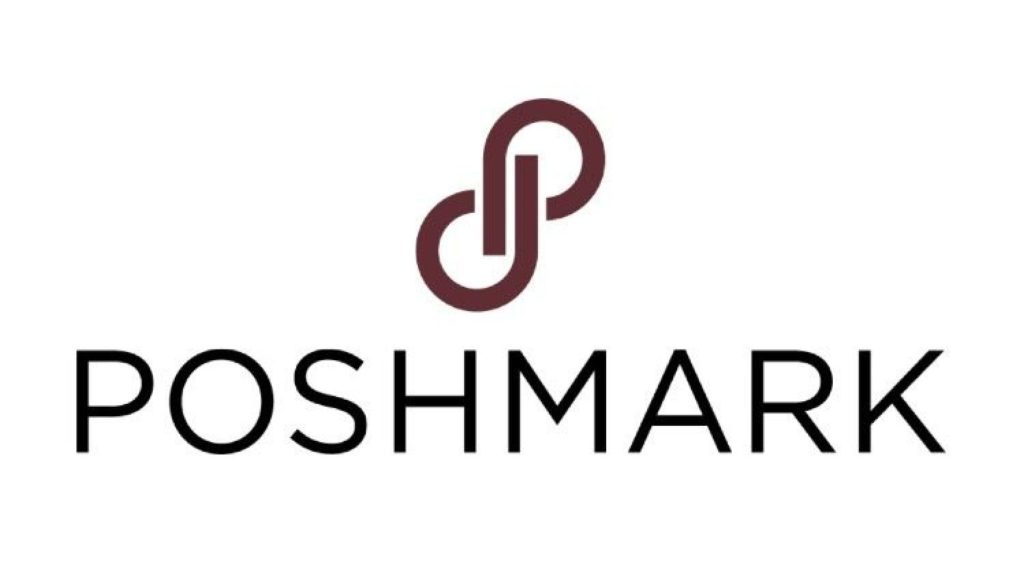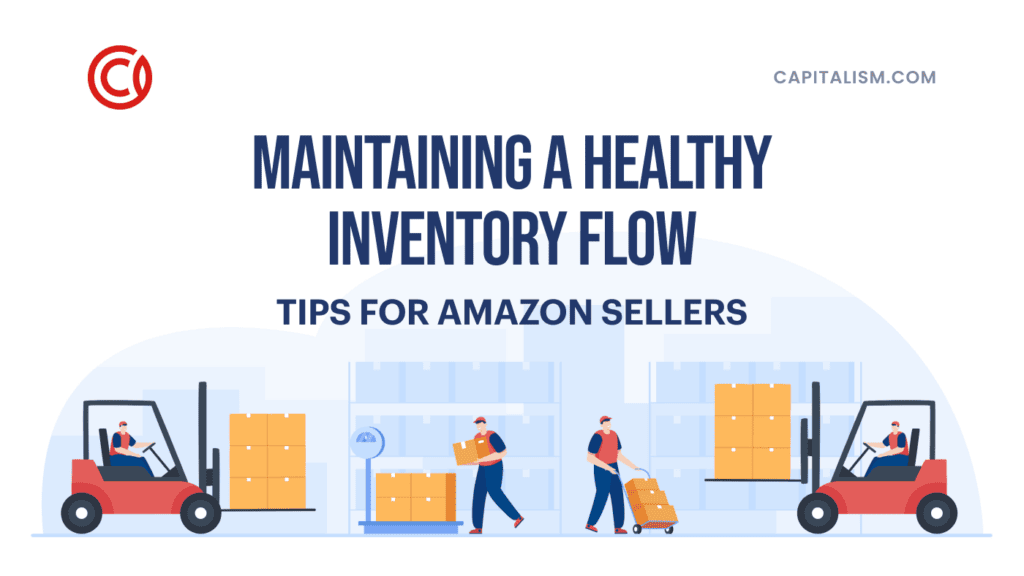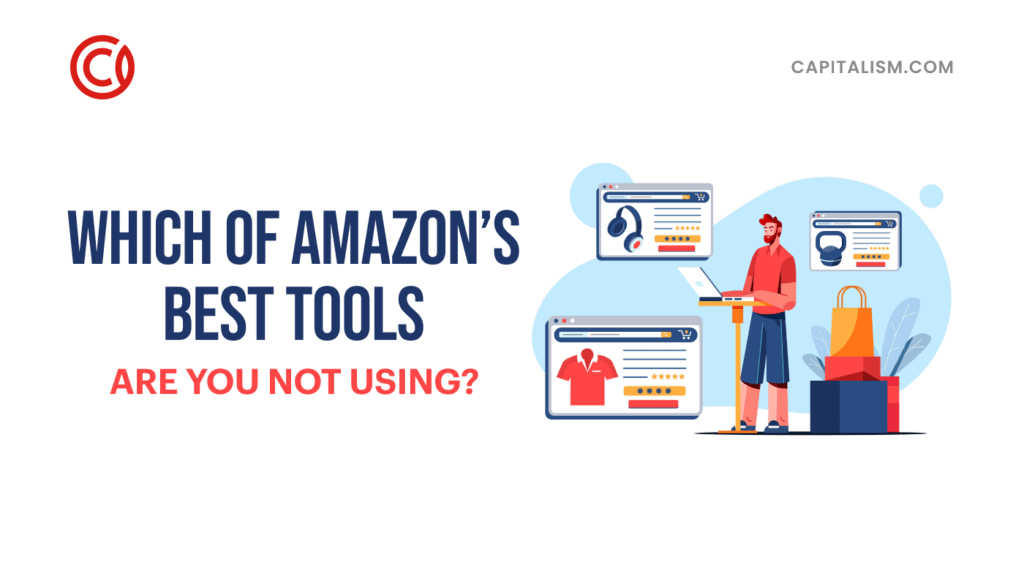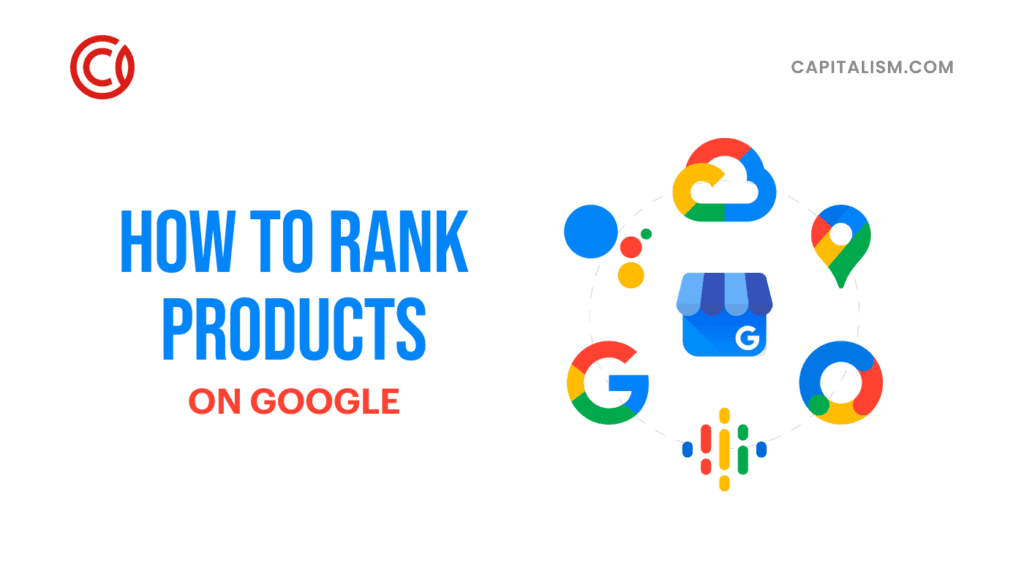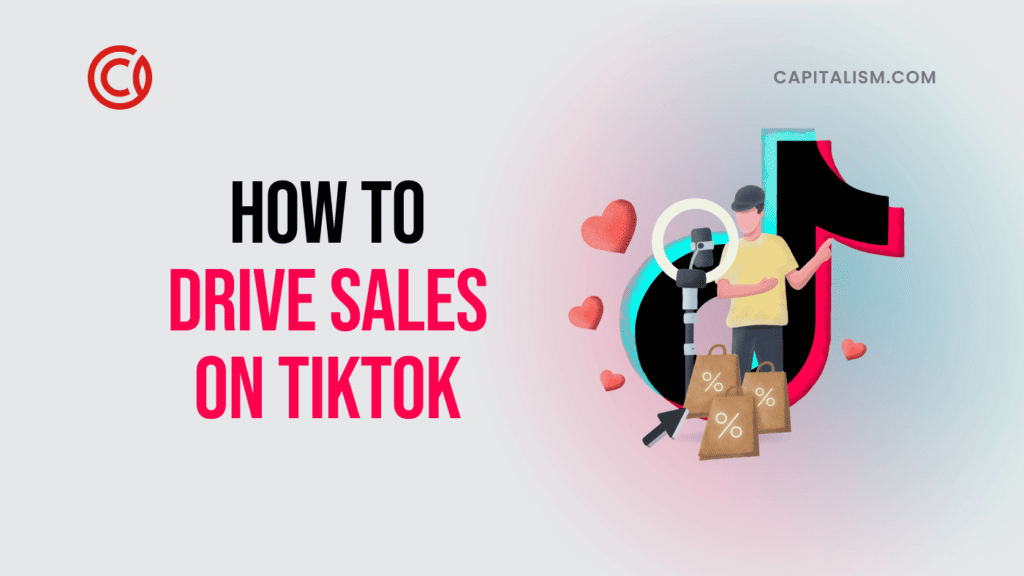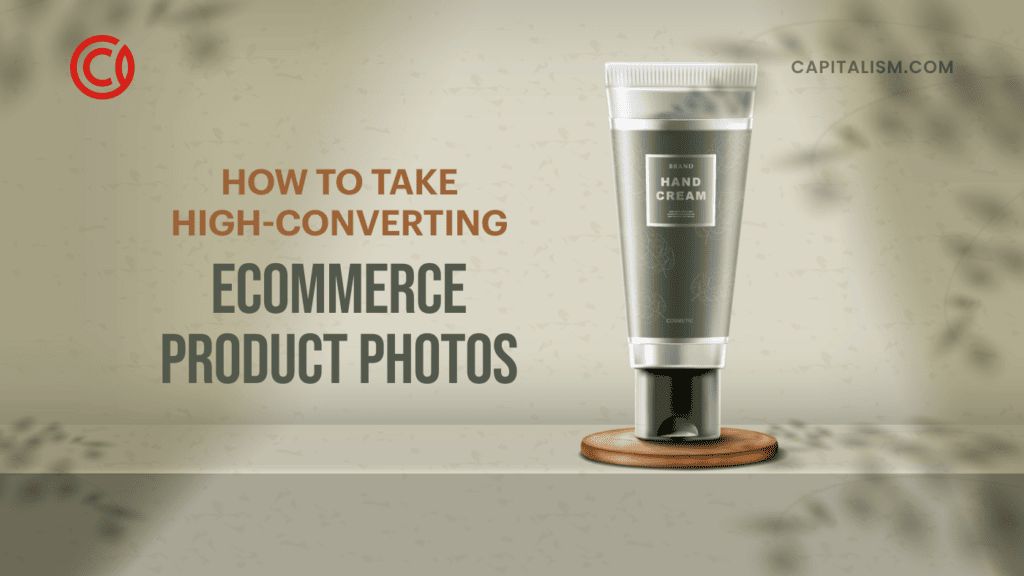Calling All Fashionistas! You can make your fashion sense pay off. Learn how to make money on Poshmark, and you could hit six-figures.
Resale fashion and luxury goods are a hot commodity. Consumers will go to great lengths to find name brand clothing items and shoes at bargain-basement prices. The rise of the influencer and their flaunting of designers duds may be partially to blame. People watch famous celebs and entertainers promote high-end fashion, but the average shopper can’t always justify the price. So, where do they turn?

Poshmark and other resale platforms, such as the RealReal and ThredUp, help match buyers with the designer labels they desire at prices they can afford. In the past decade, Poshmark has become the shopping and selling online marketplace of choice. The site boasts over 50 million users and a growing community of 5 million sellers.
What may come as a surprise is how many sellers rely on Poshmark as their sole source of income—and once you know how much they earn, your jaw may hit the floor.
Possibly even more surprising, Crunchbase reports that:
"Oakland-based ThredUp raised $168 million in its public-market debut. It is among a handful of clothing items and accessory resale marketplaces to go public in recent years. The RealReal, a marketplace for authenticated pre-owned luxury items, went public in 2019 and Poshmark, another marketplace for users to buy and sell pre-owned clothing items and accessories, went public in January 2021."
The Basics of Poshmark
Poshmark first entered the resale scene in 2011. The company’s mission is to provide a unique shopping experience where buyers can browse from over 25 million items and 5,000 brands. The owners compare their platform to peeking into a personal stylist’s closet and picking out your favorite pieces.
The resale market is a competitive one. This fierce industry is worth well over $24 billion, and these numbers only seem to increase each year. Poshmark founders saw the opportunity to dive into this booming market, and their risk paid off big time.
In 2019, the company doubled its revenues from the previous year and paid out over $2 billion to its network of sellers. According to an article posted by Fast Company entitled “Exclusive: Poshmark doubles sellers revenues from $1B to $2B in just one year,” the company provides users with a different shopping model than its competitors. While shoppers are more than welcome to browse from their desktop, the majority of users prefer to interact with the company app.
The Poshmark app creates a “social” experience for both buyers and sellers. Users create a personal profile and can engage with each other. If a shopper has a question about a specific listing, they can leave a comment, and the seller will usually respond within a few hours. This model is so popular that most users spend almost a half hour each day on the app.
Entrepreneurs find the Poshmark model especially fascinating because of this level of engagement. Where else can you go and instantly connect with 50 million potential customers? The social aspect makes it easier for small business owners to grow their audience and close the sale.
Poshmark Goes to the Dogs
As of February 2021, Poshmark expanded to serve pets. From leashes and collars to doggie sweaters and booties, now shoppers can sport fashionable pets as well. This expansion positions the company for a bite of the $223 billion pet industry.
Can You Actually Make Money on Poshmark?
The resale industry is highly lucrative for those who know how to play the game. Think about a garage sale. If you just want to clear out your home, you may end up selling collectibles for pennies on the dollar. However, a savvy reseller always knows what they have, and they also know how much money you should pay to buy it.
Poshmark doesn’t work much differently. Sellers list their merchandise, set the price, and if they’re lucky, they’ll find a buyer right away. Believe it or not, for some people, this model pays off big time. A simple search for “Suzanne Canon Poshmark” will pull up all the proof you need.
Who is Suzanne Canon? She’s a self-made millionaire thanks to the Poshmark platform. Her venture began as a side hustle back in 2012. Suzanne just wanted to earn some extra spending cash, so she started selling clothes from her own closet on the site. Once she saw how easily the platform operated, she decided to scale her business.
Suzanne poured all her extra time and energy into sourcing merchandise and listing it in her shop. It wasn’t long before she became one of the top Poshmark sellers in 2018.
Fast forward to several years later, and Suzanne has an additional one-million in her bank account, thanks to the resale platform. Her once part-time gig is now a full-time business—and it all started because she wanted to clean out her closet.
Of course, not every seller will have the same level of success, and your mileage may vary. Making money is all about knowing your product, interacting with customers, and promoting yourself.
More Stories of Poshers
Shameeca Funderburk, an author and mother of two children says, “I started selling on Poshmark in 2016. I started selling some of my old clothes and some of my daughter's clothing. I started making sales right away. Then I started buying clothing items and accessories from thrift shops and placing those items in the Poshmark store. I wasn't operating it full-time so I would make around $200.00 to $300 monthly. I'm currently sold out of everything and because of the pandemic I haven't uploaded any new items but will be updating the store with cloth masks soon.”
Kayla Mosegi has been selling her products on Poshmark for almost one year, previously, she was selling through Instagram and her college campus. What she loves about selling on Poshmark is how it has its own community of people to advertise to with features like 'Selling Parties' where boutique owners come together and sell products, together! Also, the search feature makes it SUPER easy to find exactly what you're looking for. Kayla's advice to Poshmark sellers is to follow and engage with people! Attend the selling parties, promote other people's products, and more! Also, she highly recommends to turn on all notifications so you can get back to potential buyers in a timely manner.
Shanna Battle, a fashion and lifestyle blogger on MeandMinnie.com and local TV-style host based in Richmond, VA says, “I've been selling my items on Poshmark for about five years and yearly I make about $200-$300 bucks. Unlike selling to a consignment shop (which I still do by the way), I can set my own prices for the items I'm selling. I typically reserve my higher-priced items to sell on Posh so I can net the most cash. The advice I would give to new sellers is to be patient when first starting out. It can take a while for that first sale, so don't get discouraged.”
Reese Everson, Esq. has been selling on Poshmark for two years, making more than $300 just this year. She says, “I love that all I have to do is box up the item and drop it at the post office. I love that rather than throwing nice things away, I can sell them and recoup a nice portion of what I paid for the item, since higher quality items hold their resale value. I also love that all I have to do is box up the item and drop it at the post office.” She is also the author of The B.A.B.E.’S Guide to Generational Wealth.
Poshmark Isn’t the Only Game in Town
Steve Natto, a 22-year-old college student at Temple University currently runs an e-commerce business built on reselling sneakers. He says, “I sell both new and used sneakers from all of the most popular brands like Nike and Adidas on StockX and GOAT which both operate similar to The Real Real in terms of luxury goods with authentication. I have been making anywhere from $1000-$5000 per month reselling sneakers primarily as a side job while a student in college.
“I have always had a passion for this market in sneakers and love using platforms like StockX and GOAT as they provide a seamless experience from buyer to seller and ensure easy transactions. Both platforms were built from the authenticity and legitimacy problems that resellers of popular sneakers faced years ago on eBay. While I love this space, I know many others are eager to join the mix as the secondary market for sneakers is currently valued at $6B and is expected to grow to as large as $25B by 2025. My advice to those people who are interested in this space, would be to start getting familiar with some of the popular sneakers from brands like Nike and Adidas as well as exploring both StockX and GOAT online!”
How Do You Get Successful on Poshmark?
One of the allures of Poshmark is its seller-friendly app. If you know how to snap a photo on your smartphone, you can list an item with just a few clicks. But if you want to rake in the big bucks, you have to do more than an amateur photo shoot. Here are a few insider tips recommended by top platform sellers:
Take GREAT pictures.
Brightly lit photos are a must for sellers. The buyer needs to easily see the color, condition, and features of an item. The better the picture, the quicker the sale.

Become a wordsmith.
Rushing through a product description is a huge no-no. Take your time to share all the details with potential buyers, including measurements, colors, fabric content, and condition. If you notice any flaws, be upfront, and point out the damage. Buyers appreciate transparency.
Share, share, share.
You want as many people as possible to stumble across your listings. Share your Poshmark store on as many social media accounts as possible. Daily shares are ideal if you want a listing to move up the search rankings.
Be kind to other sellers.
Instead of viewing every other seller as your archenemy, consider collaborating with them. This tactic exposes your shop to followers you wouldn’t find otherwise.
Stay authentic.
Listing counterfeit or knockoff products is the easiest way to get banned from the platform. Besides, you don’t need a legal case pending against you.
Source, list, and repeat.
The more products you add to your shop, the longer you’ll stay at the top of the feed. Listing a variety of new items each week will not only keep your current customer base excited, but it will also help lure in new buyers.

Is It Worth It to Sell on Poshmark?
One of the main allures of Poshmark is simplicity. You don’t have to be a computer-savvy genius to upload products and sell. All you need is a basic understanding of how to operate a smartphone. For this reason alone, people from all backgrounds prefer this site over similar platforms.
Poshmark also offers other benefits to sellers. First and foremost, it’s always free to list any item on the platform—there is no worry about losing money just because you listed a dud. Once your item does sell, the site subtracts a commission. Currently, the flat fee for items $15 or less is a meager $2.95. The fee for higher-priced products is 20-percent.
You need to consider these fees before you decide if selling on Poshmark is worth it to you. For example, if you sell an item for only $3, the platform will subtract $2.95. How far will that nickel profit really get you? On the other hand, if you sell a designer handbag for $125, you’ll pocket $100. If you want to make $1000, you’d only need to sell ten bags for the same price.
How Do You Get $1000 on Poshmark?
The goal of many new Poshmark sellers is to earn their first $1000, but is there a surefire formula to guarantee success? If you search for “how to make money on Poshmark Reddit,” you’ll find many Redditors sharing their “trade secrets” for selling on the site. Of course, you’ll also run across plenty of jealous sellers who didn’t yield the same style results. So, what does it take to bring in some real cash?
Earning $1000 means selling enough product, plain and simple. Now, you can sell 1,000 items for a few bucks each, or you can go the luxury route and receive more per transaction. After subtracting any seller fees, you can guesstimate how many items you’ll have to shill.
Some successful sellers buy in bulk and sell large quantities. Others search for hidden gems and list fewer higher-priced pieces. Both approaches can be lucrative if executed correctly.
How Much Does the Average Poshmark Seller Make?
It’s safe to assume most users don’t ever make money there. The majority of sellers enter the platform intending to sell a few items from their personal collection. Once those items sell, they don’t list anything else. Instead of treating the platform as a way to make money for real, they turn it into a garage sale.
However, those who do put a bit of work into their shop and consistently replenish their stock can earn thousands each month. Poshmark wouldn’t pay out billions each year if this weren’t true. Those bringing in a six-figure income understand the rules of the supply and demand game—find products people want to purchase and fill your inventory with as many items as possible.
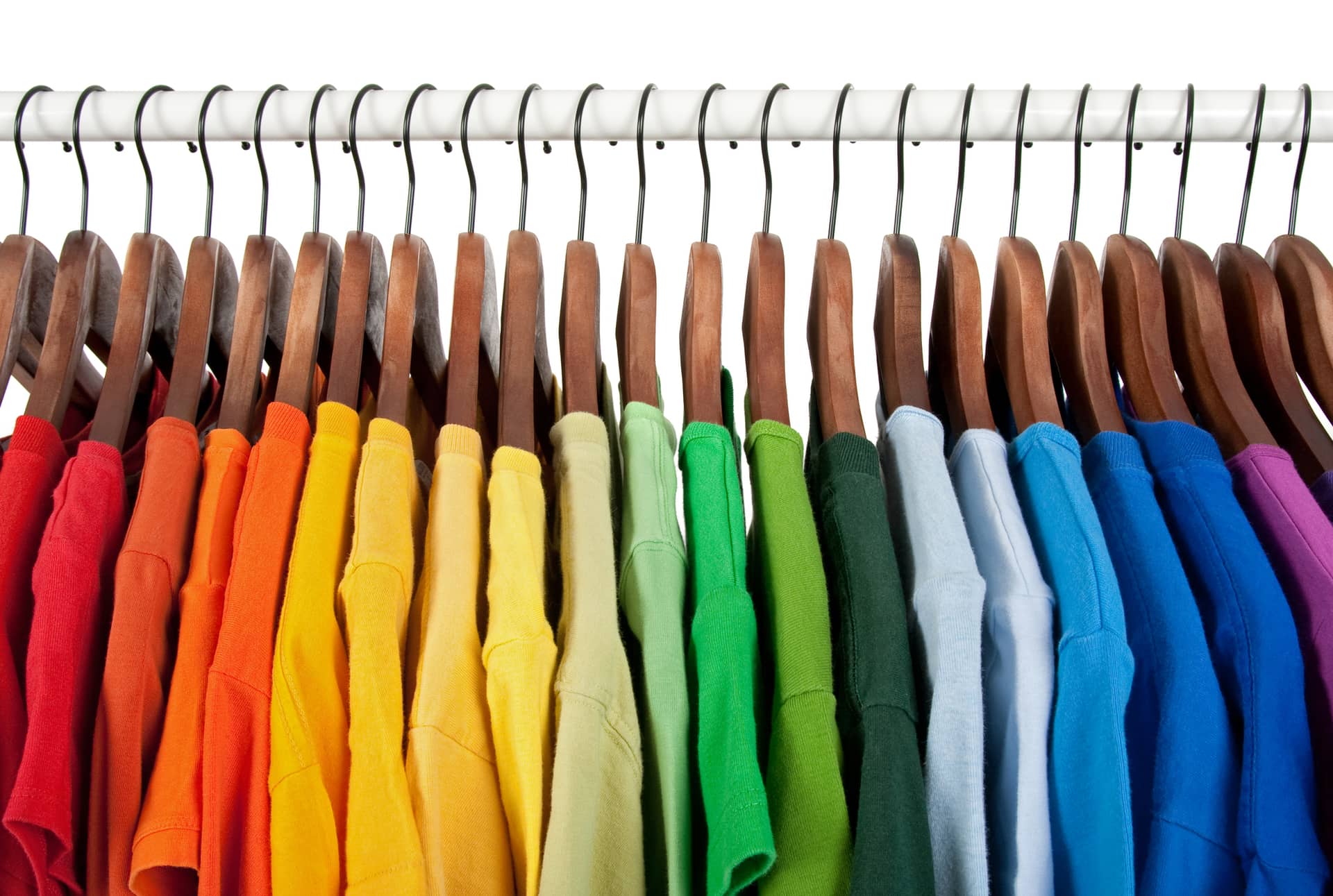
Poshmark for Beginners
Are you still wondering how to make money on Poshmark? Here are some of the best tips for Poshmark novices:
Know your inventory.
Don’t purchase items that make you scratch your head. For example, selling Nike sneakers won’t make you a millionaire unless you understand the brand. The more knowledge you have about your inventory, the better chance you have of convincing shoppers to buy.
Know the market.
Pay attention to the prices of your listings when selling clothes online. Are you charging too much or too little? If you price your items too high, your listings will just gather dust. But if you lowball yourself, you’ll end up shortchanging your possible profits.

Know the platform.
Before you list your first item, take some time to familiarize yourself with the site. Become a customer and buy a few products to see how the process works. Connect with other users to learn as much as possible.
The Dark Side of Poshmark: It’s Not All Fun and Games
Most sellers list and sell without any problem. However, there is always the chance something could go wrong—just ask Jade Myers.
BuzzFeed News published an article entitled “A Poshmark Reseller Somehow Got Her Hands On A Major Fashion Influencer’s Unreleased Clothing. Drama Ensued.” In it, they explain how Myers found herself living a seller’s ultimate nightmare.
Myers is a successful Poshmark seller, and like everyone else, she’s always on the hunt for her next money-make. During one of her searches, she stumbled upon some unreleased swimsuit samples by designer Danielle Bernstein. She purchased the lot and listed them on the site.
When Bernstein realized her samples made it out into the public, she frantically emailed Myers to have her pull the listings. Myers did take down the listings, and after a lengthy back-and-forth with Bernstein, the two reach a monetary agreement. But this peaceful ending wasn’t without threats and lawyers.
This anecdote should serve as a warning to sellers. Make sure you source everything legitimately (which Myers did), and never be afraid to stand your ground if you get falsely accused. Sellers often lose their accounts for misrepresentation. And in many cases, the seller wasn’t at fault.

Is It Better to Sell on eBay or Poshmark?
Trying to decide between eBay or Poshmark? Choosing between the two may seem confusing, but it really boils down to your target audience. If you want to sell used clothing items, eBay doesn’t make sense. Here’s why:
- eBay has over 200 million visitors each year, but only a small percentage want to buy used clothing. Poshmark shoppers browse the site with clothing items in mind.
- Listing items on eBay takes a lot more effort. On Poshmark, you can create a listing in a matter of minutes on your smartphone.
- Shoppers looking for used clothes on eBay usually want the lowest price. Poshmark shoppers, however, want to purchase on-trend clothes from brands they recognize.
- You’ll pay a fee to list your item on eBay, but listings are always free on Poshmark.
- Even though eBay’s seller fees are lower, you may end up accepting a low price just to make money selling. Poshmark listings often sell for retail or more.
Is Poshmark or Tradesy Better?
Tradesy is another online resale shop, and its company model is very similar to Poshmark. However, both platforms serve sellers and buyers in different ways. Once again, your inventory items and personality will help determine which you should choose.
Poshmark sellers list clothing items and accessories from both mid-range and high-end brands. Both of these price points have buyers on the platform. Tradesy, however, is more geared towards luxury brands. The majority of shoppers have a specific designer in mind before heading to the site.
Poshmark is for social butterflies. The key to making money on Poshmark fast is engaging with other users. It’s pretty much another social media site. Following and communicating with users is how the most successful sellers earn their living. If you’re an introvert, you may prefer Tradesy. This type of extreme engagement is not necessary on Tradesy.

What Items Sell Best on Poshmark?
Although you can list men’s and children’s clothing items on the platform, women’s clothing still remains the top seller. A Fast Company article entitled “By 2023, the second-hand clothes market will double to $51 billion. Here’s why,” reports that 56 million women bought second-hand clothing items in 2018.
So, what should you sell? According to the platform’s website, designer items are in higher demand than lesser-known brands. And the top-selling brands depend on the age of the buyer. Gen Z shoppers prefer Gucci and Adidas. Millennials want to don clothing items by Madewell or Nike. Gen X leans towards Tory Burch and Kate Spade, while baby boomers tend to wear Coach and Eileen Fisher.
If you want to start selling on the site, you need to source some of these popular brands. Start in your own closet—it may surprise you what’s lurking in the back. You can also search in thrift stores or consignment shops for hidden gems. Outlet malls and discount retailers, such as TJ Maxx, are other places to look. And if you’re lucky enough to live close to a liquidation center, you may be able to buy bulk merchandise for cheap.
What Jeans Sell Best on Poshmark?
Jeans never go out of style, which makes them a hot commodity on this resale platform. When sourcing jeans, look for any signs of wear and tear. The better the condition, the more you can charge. And be sure to include all the measurements in the description. There’s nothing worse than ill-fitting jeans, and you don’t want your buyers claiming your listing was misleading.
Levi’s are always a safe bet. While some shoppers may be on the hunt for modern fits and styles, others want to find an authentic pair of vintage Levi’s. Joe’s Jeans and Lucky Brand also tend to sell quickly.
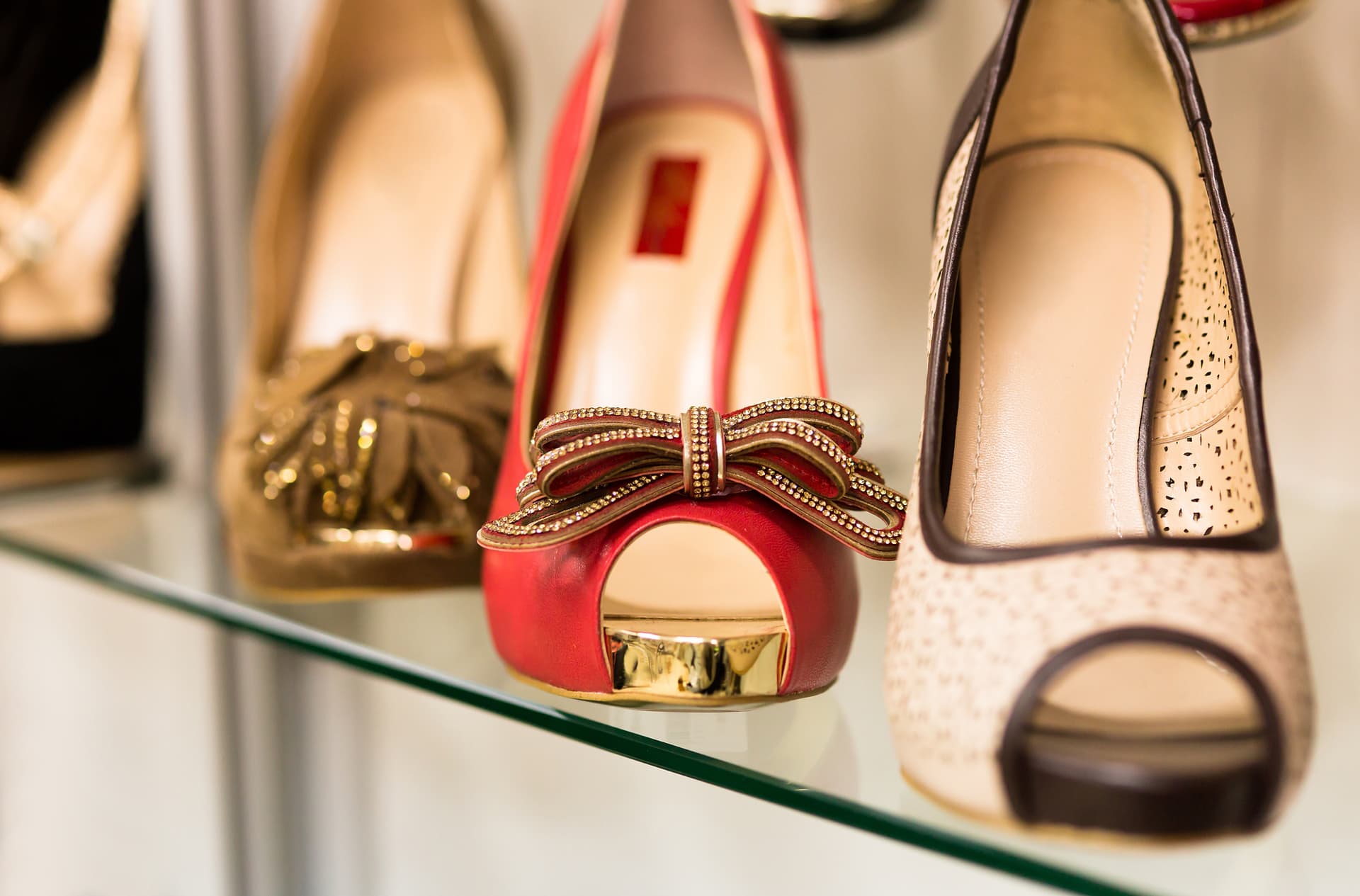
What Shoes Sell Best on Poshmark?
Reselling shoes is highly lucrative for many entrepreneurs; however, you have to know what will sell and what won’t. Athletic shoes are always in demand on the platform. Sneakerheads will search high and low for the next treasure to add to their collection, and if you have what they want, you can earn an impressive ROI.
Nike, New Balance, and Adidas collaborations all have a dedicated fan base. Converse shoes never go out of style, and if you can get your hands on a pair of vintage Air Jordans, your bank account will thank you later.
Thrift stores usually have the cheapest selection, but the options may suffer in quality. Liquidation outlets are a better way to get name brand shoes without paying name-brand prices. When sourcing shoes, take the time to clean all scuff marks and flatten any creases—the “newer” your sneakers look, the more potential buyers they’ll attract.
Ready to List Your First Item?
Take a look around your closet—do you see some high-quality, barely-worn clothing items that you’d like to sell? Poshmark makes it simple for anyone to venture into the world of entrepreneurialism. In a matter of minutes, you can open an account and list your very first item. One man’s trash is another man’s treasure—and the treasure you find could be worth 6- or 7-figures.
The Takeaway
Some people call this flipping. Others call it resale. The fancy name for buying low and selling high is arbitrage. This is often how new entrepreneurs get started. It's possible to make a lot of money this way.
However, it's a lot of work, and everything rests on your shoulders if you start a business completely on your own. We root really hard for bootstrapping, hard-working hustlers.
But building a life-changing business that makes you very, very wealthy doesn't have to be so hard. In fact, if you build a business that makes you AND other people very, very wealthy, that's an even better way to go.
Consider this: would you rather own 100% of a $100,000 business, or 60% of a $10M business? By sharing some of the equity in your business with investors, audiences, and experts, you can grow a business much bigger and faster than you can on your own.
This is what we call the Owner's Model. It's what we teach inside the Capitalism Incubator. If you want to read more about this new way of building life-changing businesses, you can do so right here.
